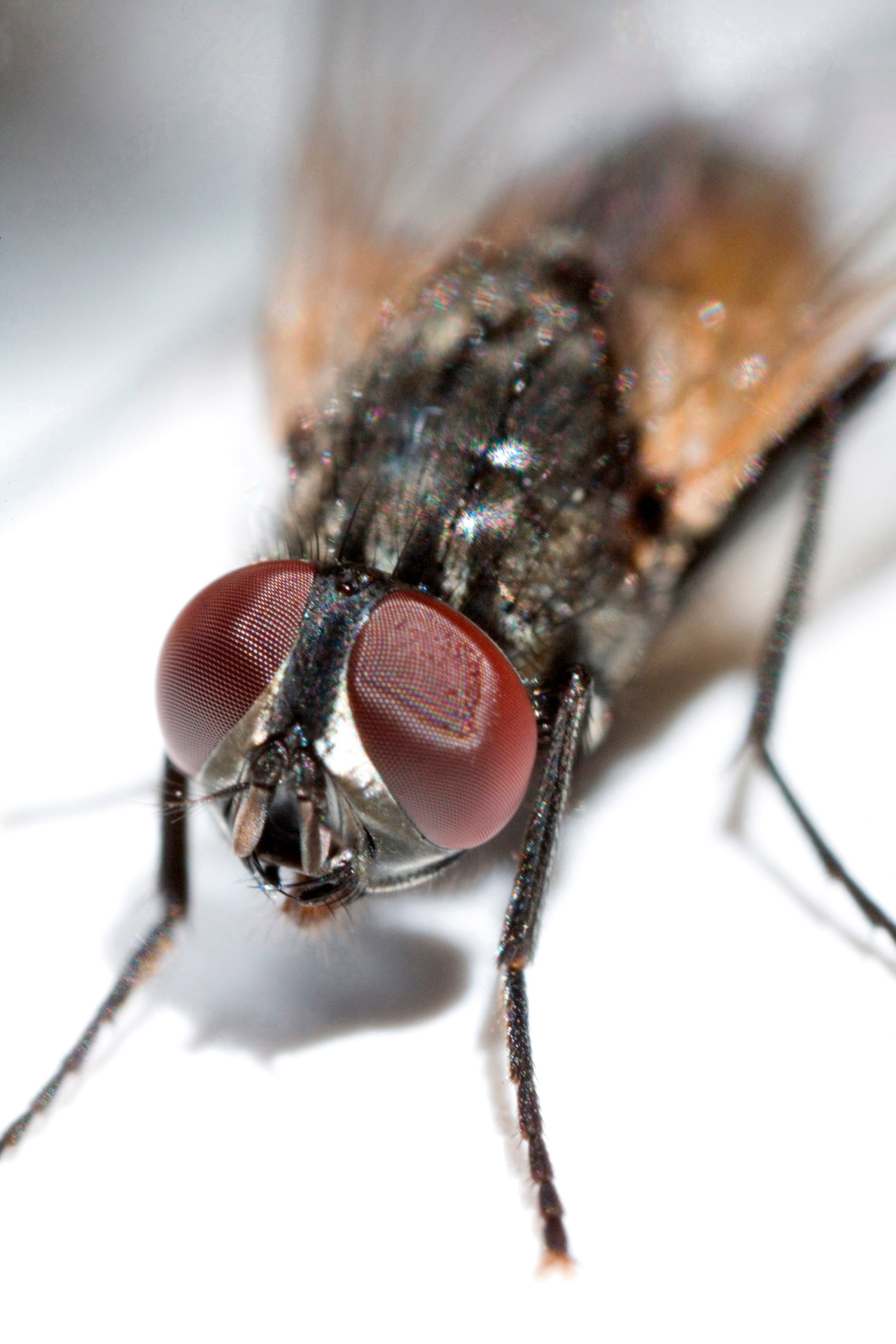
The house fly is a rarely celebrated insect, but new research published Tuesday finally provides the pest with some positive recognition.
The house fly (Musca domestica) has a genome that could actually give scientists insight into pathogen immunity, helping humans live healthier lives, researchers write in the journal Genome Biology. And it’s all because of their, well, gross-factor. Since the house fly lives on animal and human waste, according to Science Daily, “[t]hey are an important species for scientific study because of their roles as waste decomposers and as carriers of over 100 human diseases, including typhoid, tuberculosis and worms.”
Their immunity system genes can be studied to help humans be healthier in toxic and disease causing environments, the researchers add, and detoxification genes could help scientists find better ways to manage toxic environments.
More Must-Reads from TIME
- Donald Trump Is TIME's 2024 Person of the Year
- Why We Chose Trump as Person of the Year
- Is Intermittent Fasting Good or Bad for You?
- The 100 Must-Read Books of 2024
- The 20 Best Christmas TV Episodes
- Column: If Optimism Feels Ridiculous Now, Try Hope
- The Future of Climate Action Is Trade Policy
- Merle Bombardieri Is Helping People Make the Baby Decision
Contact us at letters@time.com